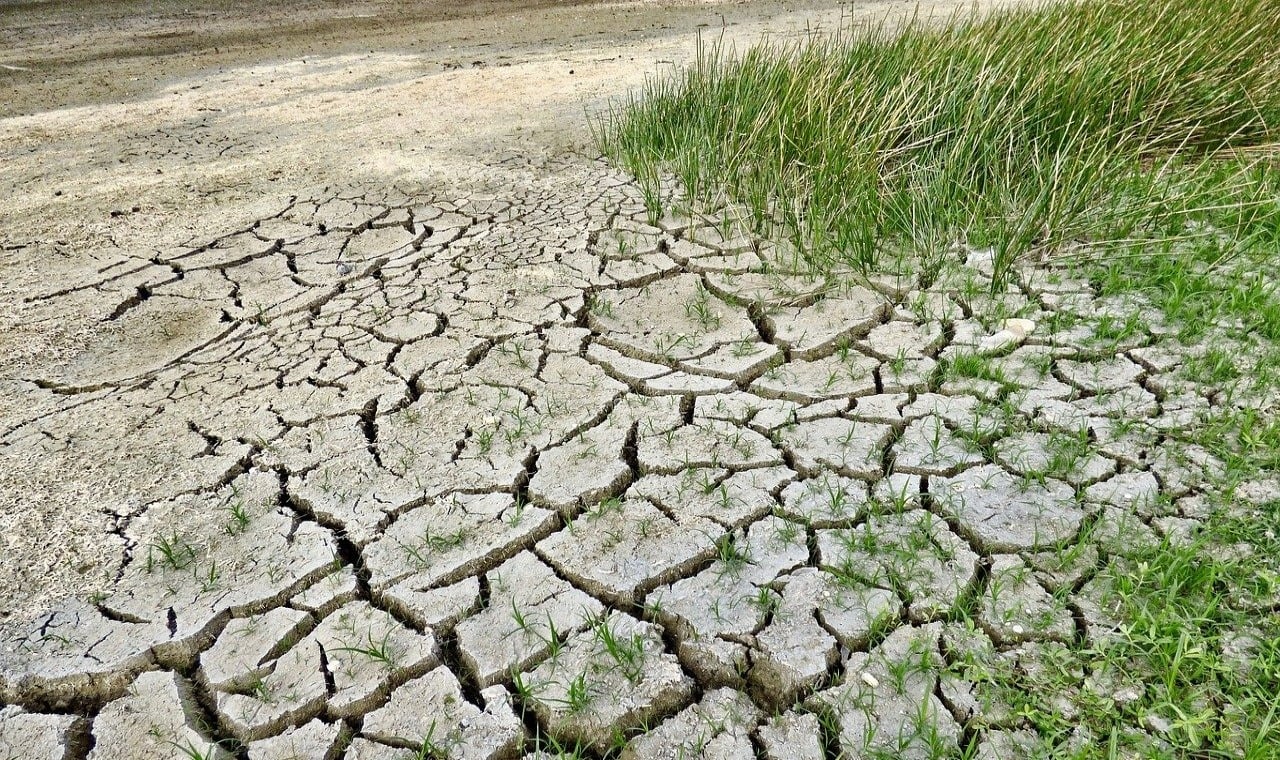Effects of Deforestation
IN THE TIME IT TAKES TO SAY ‘DEFORESTATION’, ANOTHER CHUNK OF FOREST THE SIZE OF A FOOTBALL PITCH IS DESTROYED.
That’s every two seconds, every single day.
And we’re not including commercially grown trees and plantations. We mean natural, noisy forests that were full of life, and home to threatened species such as orangutans and jaguars.
There’s only about half the number of trees on the planet today that there were when humans first evolved. And the fastest rate of forest destruction has been in the past couple of centuries.
Up to 15 billion trees are now being cut down every year across the world. It’s just not sustainable, or very smart – for wildlife, for people, or for the climate.
Deforestation affects us all, whether we realise it or not.
Environmental Effects of Deforestation
Loss of Habitat
One of the most dangerous and unsettling effects of deforestation is the loss of animal and plant species due to their loss of habitat. 70% of land animals and plant species live in forests. Not only does deforestation threaten species known to us, but also those unknown.
The trees of the rainforest that provide shelter for some species also provide the canopy that regulates the temperature. Deforestation results in a more drastic temperature variation from day to night, much like a desert, which could prove fatal for many inhabitants.
Increased Greenhouse Gases
In addition to the loss of habitat, the lack of trees also allows a greater amount of greenhouse gases to be released into the atmosphere. Healthy forests absorb carbon dioxide from the atmosphere, acting as valuable carbon sinks. Deforested areas lose that ability and release more carbon.
Water in the Atmosphere
The trees also help control the level of water in the atmosphere by helping to regulate the water cycle. In deforested areas, there is less water in the air to be returned to the soil. This then causes dryer soil and the inability to grow crops.

Environmental Effects of Deforestation From Below
Soil Erosion and Flooding
Further effects of deforestation include soil erosion and coastal flooding. Trees help the land to retain water and topsoil, which provides the rich nutrients to sustain additional forest life.
Without forests, the soil erodes and washes away, causing farmers to move on and perpetuate the cycle. The barren land which is left behind in the wake of these unsustainable agricultural practices is then more susceptible to flooding, specifically in coastal regions.
Effects of Deforestation on Indigenous People
Destruction of Homelands
As large amounts of forests are cleared away, allowing exposed earth to whither and die and the habitats of innumerable species to be destroyed, the indigenous communities who live there and depend on the forest to sustain their way of life are also under threat.
The loss of forests has an immediate and direct effect on their lifestyle that we in the highly industrialized parts of the world, despite our own dependency on what the rainforest provides, will never know. The level of immediacy is exponentially greater for indigenous peoples.
The governments of nations with rainforests in their borders often attempt to evict indigenous tribes before the actual clear-cutting begins. This is one of the pre-emptive effects of deforestation.










No comments: